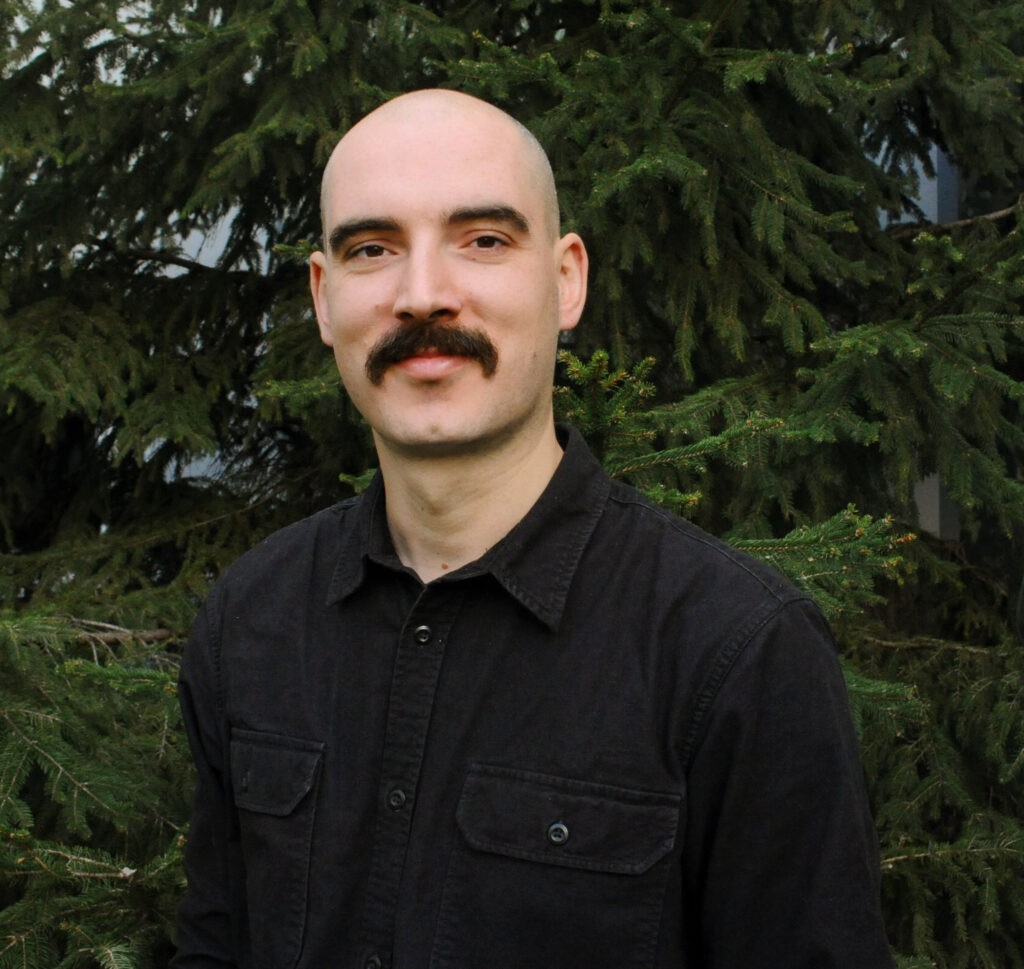The umbrella ecosystem organization Startup Macedonia is launching its access-to-market project “Expand Launchpad” in collaboration with the venture studios 36 Chambers and Basicmath. The initiative aims to support the overseas expansion of Macedonian-based startups.
Between eight and ten local tech companies that have a developed product or service and have built a customer base in North Macedonia will get the opportunity to participate in training sessions, and build on their sales strategies in order to understand the Japanese and German markets. The ultimate goal of the program is to find matches between Macedonian entrepreneurs and Japanese or German companies and help local startuppers enter the markets of the two countries.
The application process for startups is already closed. The Recursive met with Jane Uzunovski, CEO and co-founder of 36 Chambers, to learn more about the flagship project and what potential it has to leverage the Macedonian tech ecosystem.
The road of success to Japan
Jane Uzunovski is a Macedonian entrepreneur and business development strategist. He started his career after pursuing a Master’s degree in Banking, Corporate, Finance, and Securities Law at Skopje’s University American College. His path led him to the US, where he did an internship at Keiretsu Forum – a global investment community of accredited private equity angel investors, venture capitalists, and corporate/institutional investors with over 300 companies in its portfolio.
“There, I started understanding the importance of entrepreneurial mindset, branding, and what intangible assets can really bring to the company,” the founder shared. Switching his focus from finances to business development and product scaling, Uzunovski spent the next few years working for companies in Japan, the US, and Europe.
In 2015, his close friend and famous techno and house DJ Takashi Nakajima, founded Basicmath LLC Japan– a service and software development company that specializes in developing business schemes for startups that would like to enter the Japanese market. In 2020, Basicmath LLC Japan expanded in Europe to be close to European founders by establishing Basicmath Europe which later rebranded into 36 Chambers. Jane is a CEO and Co-founder of 36 Chambers and has been working with Takashi and Basicmath since 2017. As a result of their cooperation, they decided to develop the Market Entry Model as an alternative for founders who are interested to expand to the German and Japanese markets.
“Our stakeholder approach works by sharing the risk, so the investment budget for expansion is shared between the startup and us (36 Chambers and Basicmath). The local team in Berlin or Tokyo signs a 2 years commitment to support the startup with its operational knowledge, reputation, and network. In return for the above, we expect a 5% equity guarantee that can go up to 15% depending on milestones reached for the period of 2-5 years. Revenues generated by 36C or Basicmath on behalf of the startups are shared 50/50 if it’s a SaaS software product, while for other business models we try to find a fit on a case by case basis.” Uzunovski explained.

Jane Uzunovski, ©Basicmath
Among the flagship collaborations of Basicmath was the partnership with Macedonian startup EmbedSocial, a user-generated content platform that provides API integrations with major social media channels and platforms such as WordPress. “The case of EmbedSocial kicked off the first thoughts of how we can succeed in Japan. Out of our daily work, the Market Entry model was born. Although at the time of the entry on the Japanese market, 2018, the company had 60 000 B2B customers, the real growth on the Japanese market started only after we started onboarding Japanese companies. It took us a year to get there as we localized the product, added new features based on our feedback from the local market, hired new people, and started building a sales partner network.” Uzunovski said. In 2017, he stepped in as Head of EmbedSocial’s division in Japan.
In 2020, he co-founded Berlin-based venture studio 36 Chambers with the mission to further expand the possibilities for founders from the Balkans and Asia/Japan. The new company in which Basicmath Japan is also a shareholder aims to open up the German market to conscious and purpose driven entrepreneurs.
The “Expand Launchpad” initiative
Startup Macedonia plays the cornerstone role in the “Expand Launchpad ” initiative, Uzunovski explained. The program continuation is 6 months and will be divided into three stages – Education, Refining/Producing and Connecting.
During the first stage, which lasts for 1 month, startup teams will participate in online training sessions to get acquainted with the history, corporate structure, and business culture of Japan and Germany. As startups enter the 2nd phase, with a duration of 3 months, the companies will then have one-on-one sessions with mentors from Basicmath and 36 Chambers to first identify the ecosystem stakeholders including competitors, then gather relevant product feedback before setting up the go-to-market strategy.
At the final stage of the program, in the last 2 months, companies will negotiate with German or Japanese business clients with the ultimate goal of expanding to the respective countries. “Startups will gain insights into the foreign markets and realistic feedback on how they stand next to international competitors. We will provide more practical support by sharing real and ready-to-use knowledge through the case of EmbedSocial,” Uzunovski elaborated.
Aligning traditions through networking
“Client companies from both Germany and Japan have a preference for domestic solutions. These markets have traditions and market rules. It takes a lot of time to understand how to leverage your product to fit it into their niches and startuppers are often in need of someone to navigate their business strategy,” Uzunovski reflected. Through the initiative, startuppers will get the chance to work with the local networks of 36 Chambers and Basicmath.
“For the past 5 years, Startup Macedonia provides startups with all the resources and linkages to accelerate their growth. We identified that BizDev and Sales are burning problems for local startups that want to expand. Providing mentorship, network, market know-how, and the right mindset is just the start of the journey,” Igor Madzov, Programme Director and co-founder of Startup Macedonia, shared. “We had dozens of applications making our and our partners’ roles very hard. This program offers a unique opportunity for the companies and we are looking for the best match. Therefore two of the key mentors from Germany are flying in to meet in person with the teams. The chosen teams will be announced by the end of the week. We believe in Giving Back so we expect all the success cases from this program to multiply the impact to the benefit of current and future entrepreneurs,” he concluded.








